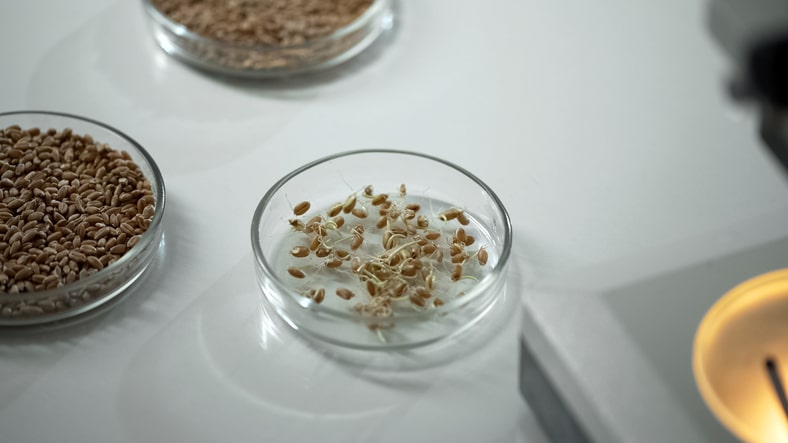As Canadian agriculture faces mounting challenges from climate change, pest pressures, and evolving market demands, the role of plant genebanks has never been more critical. These repositories of plant genetic resources provide the diversity necessary for breeding resilient and high-performing crops.

However, access to these invaluable resources may be changing, and it’s crucial for stakeholders to stay informed and involved. Agriculture and Agri-Food Canada (AAFC) is working together with other organizations to ensure that Canada’s position is reflected in the negotiations taking place within the International Treaty on Plant Genetic Resources for Food and Agriculture (ITPGRFA).
The department recently shared a document with stakeholders, authored by Axel Diderichsen, AAFC research scientist and curator of Plant Gene Resources Canada in Saskatoon, which laid out these potential changes and why now is the time for stakeholders to make their voices heard.
At Seeds Canada, we recognize the importance of ITPGRFA, which has provided a framework for accessing and sharing plant genetic resources since 2008.
Through this treaty, AAFC manages three national genebanks, housing over 120,000 accessions of vital species for food and agriculture, Axel informs us. These resources have been indispensable for breeders, researchers, and educators, contributing to the development of new cultivars that are accessible without restrictions for further breeding or research.
However, ongoing international negotiations aimed at enhancing the Multilateral System for Access and Benefit-Sharing (EFMLS) may lead to significant changes in how these resources are accessed and utilized, Axel writes.
Among the proposed changes are mandatory payments for the creation and commercialization of new cultivars, a subscription model for more reliable funding, and the inclusion of a broader range of species under the treaty.
These changes could have far-reaching implications for Canadian users, particularly regarding costs and access to critical genetic resources.
The potential expansion of the treaty’s scope to include non-food, non-feed uses — such as biofuels and industrial applications — presents both opportunities and challenges. Canadian agriculture could benefit from this broader scope, but it also raises questions about payment obligations and access conditions.
The upcoming ITPGRFA working group meeting in Rome this September will be a key moment in shaping the future of access to plant genetic resources. Seeds Canada urges all Canadian stakeholders to engage in this process and provide feedback to AAFC’s representatives, ensuring that our nation’s agricultural interests are protected and advanced.
Please send comments or questions directly to Axel, who is the Canadian national focal point to the ITPGRFA, at axel.diederichsen@agr.gc.ca. In particular, he is seeking feedback on payment obligations for the use of plant genetic resources and the relevance of non-food, non-feed uses of germplasm obtained from genebanks.
Now is the time to act, to ensure that Canadian agriculture remains at the forefront of innovation and sustainability in the face of global challenges.













